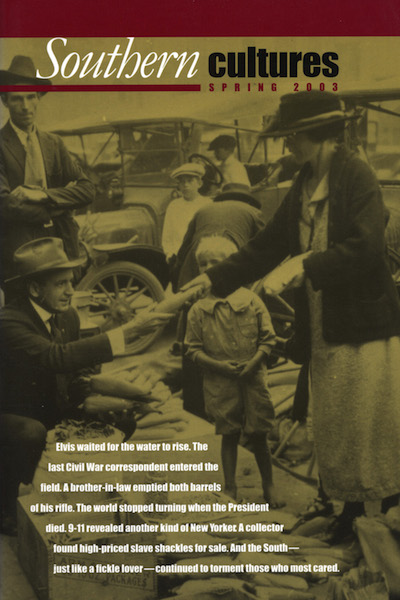Princeton University Press, 2001
For decades, outside observers have wondered why white southern workers in the twentieth century have so willingly supported demagogues and reactionaries who offered them nothing but appeals to racial pride. In particular, many have asked, why did working class southerners follow a couple of decades of support for New Deal liberalism with a virulent, and sometimes violent, swing to the right? For most commentators, an unthinking racism blinded whites to their true economic interests. In The Politics of Whiteness, Michelle Brattain challenges this assumption by focusing on the ways that white supremacy brought genuine economic and psychological benefits to cotton mill-hands in Rome, Georgia. Using union records, newspaper articles, and government documents, Brattain argues that whiteness, far from being a troublesome distraction, was at the core of the white worker’s place in the South.


